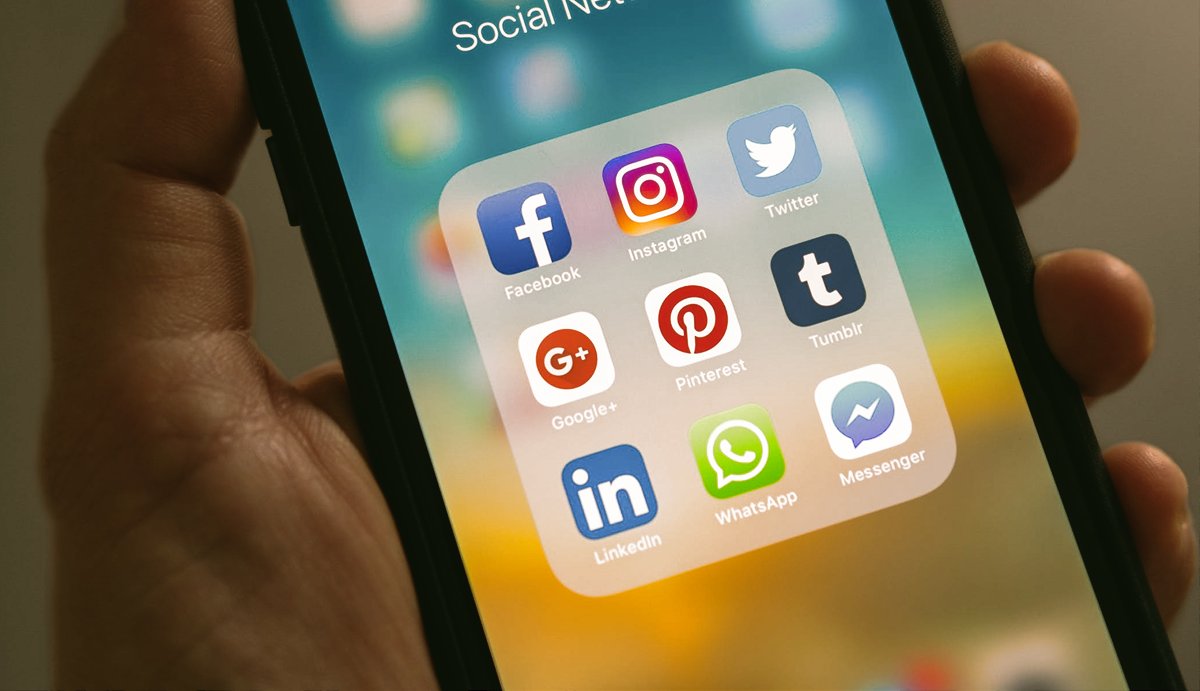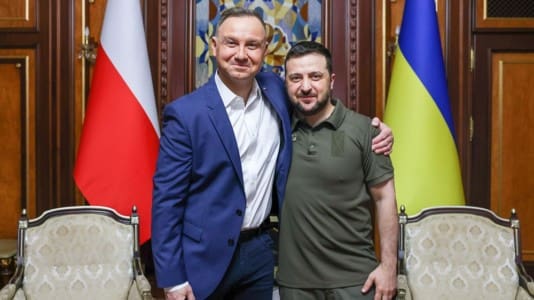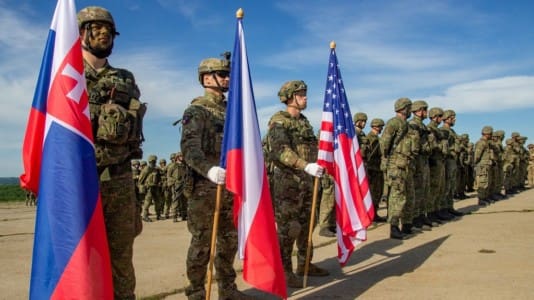If anyone believes that public opinion across the world is unanimously on the side of Ukraine, they are mistaken.
Russian “internet soldiers” are working diligently to turn the tide of sympathy, shake certainty, and to challenge what seems obvious: that the Russians are the aggressors and Ukrainians are the defenders.
Some of those internet accounts are not even hiding or pretending to be inconspicuous; they openly inform that they are Russian or pro-Russian. They produce thousands of news items daily, either fake or manipulated using truths or half-truths, in order to gain new sympathizers across the Western world. The mechanisms of the fake news propaganda are generally similar and can be divided into several groups.
First of all is the news mocking the United States, its allies and NATO. If Biden happens to make a gaffe — that is great, it can be used to get something right away. George Bush slips up and instead of speaking about the war in Ukraine, he will mention the war in Iraq — very good! Even better, as the information is authentic and has its own effect.
Secondly, those profiles show only Russian victories and mock all war data provided by the Ukrainians and the mainstream media. In fact, the posts typically have annotations such as: “The mainstream media will not show you this.” The videos show Ukrainians taken into captivity, captured American or Polish equipment and Ukrainian positions under attack.
Thirdly, pro-Russian propaganda accounts will frequently promote a theme of Ukrainian “Nazism,” making similar references and echoing similar myths perpetuated by Russian President Vladimir Putin.
Lastly, these accounts emphasize the “liberating” character of the war — excuse me, Putin’s “military operation” — by claiming that the conflict began eight years ago and that the Ukrainian side has been the aggressor. It was the Ukrainians, who, according to this narrative, bombed cities in Donbas, killed children, and has been murdering civilians for years.
Note, it is extremely important to remember that Russians have been fed these same stories for years, and they believe them implicitly. That is why the masses support Putin, they believe that this is a “war in good cause.” They were molded by the Kremlin propaganda, constantly poured into their heads. Now, the very same propaganda, only fabricated in English, French, Italian, Spanish, German or Polish languages reaches millions of people across the world, and it works, unfortunately. More and more people believe in those stories and are starting to think that Putin is the “defender of freedom” and a hero of the good cause.
The conclusion is that Russia’s internet soldiers engaged in a digital war are making up ground. Everyone thinks that censorship mechanisms, special algorithms monitoring social media, and deleting for instance the “homophobic” content will work — the reality is that it won’t. Propaganda profiles operate intelligently, they evade regulation traps and work at 100 percent capacity, day after day, night after night, 24 hours a day.
If nobody takes this matter seriously, there will be massive losses that can never be undone. We must be able to respond to this propaganda, and it needs to be done swiftly, not necessarily by taking down accounts but by making counter-moves, answering skillfully, debunking the myths and calling out the lies. For that, we require specialized agencies, technology and the manpower to wage such a digital counter-attack — in short, we need a “cyber army.”






